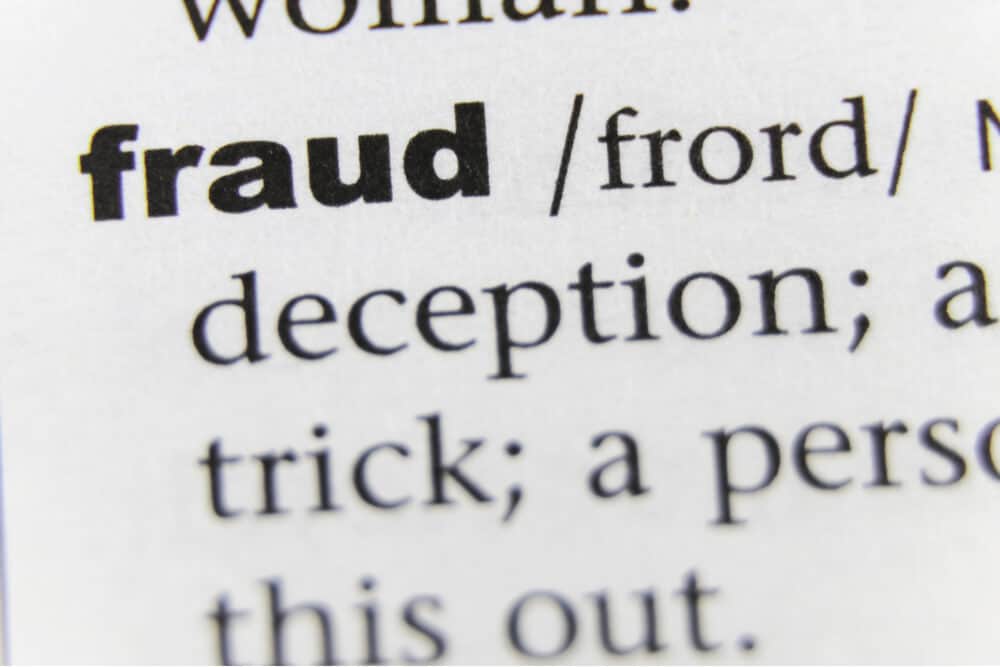
April 8, 2022

With median losses of $203,000, the construction industry ranks fourth among two dozen industries in the cost of damages arising from fraud. The nature of the work makes it an attractive target for bad actors. The confluence of long project lead times, multiple stakeholders, and participants, lots of moving parts, and different job sites all contribute to challenges in preventing and detecting fraud.
Even small construction companies are at risk, and perhaps more so. The Association of Certified Fraud Examiners (ACFE) found that organizations with the fewest employees had the highest median loss. The ACFE recently released its 2022 Report to the Nations, which detailed occupational fraud risks and losses across several industries based on data collected in 2021. The findings provide important insight industry companies need to carefully review to bolster fraud prevention efforts. To help clients, prospects, and others, Wilson Lewis has provided a summary of the key details below.
There are three main categories of fraud: asset misappropriation, financial statement fraud, and corruption. Asset misappropriation, when an employee steals or misuses company resources, happens most frequently, but financial statement fraud – while uncommon – is the costliest. Each category includes tactics that are regularly used against construction companies.
Of the reported cases last year, the top five tactics include:
It is interesting to note that billing schemes, payroll, and financial statement fraud all have a median duration of 18 months before discovery. Conversely, corruption and non-cash misappropriations have an average length of 12 months.
Often billing schemes are uncovered because of modified or fake invoices and payment applications. Inflated labor and material costs, billing for underperformed work, creating fake vendors, buying things with company funds, and paying for work outside the scope of the project are all common in billing fraud.
To help prevent non-cash misappropriations, management needs to document and track materials and equipment on job sites. It is also a good idea to install a security system if not already in place.
Almost half of all reported cases occurred because of the lack of internal controls or by an employee able to sidestep existing safeguards. Unfortunately, many wait until after an incident has been discovered to enhance existing and implement new safeguards. There are several proactive steps which can be taken now, that will help to deter bad actors.
An anonymous fraud reporting hotline is one of the easiest and most effective ways to prevent fraud or limit losses. When implementing a hotline, leaders will want to ensure that email and/or web-based reporting is enabled, as they are often more effective than a traditional telephone hotline.
Job rotation/mandatory vacation policies and surprise audits are two anti-fraud controls associated with at least a 50 percent reduction in the amount and length of fraud. Yet, most organizations don’t implement them.
Other effective anti-fraud controls include:
Contact Us
Unfortunately, fraud is an ever-present threat that requires management to remain vigilant. For construction companies, it means paying special attention to the areas of greatest risk and implementing/refining controls to limit the opportunity for illegal behavior to occur. If you have questions about the information outlined above or need assistance with fraud prevention, Wilson Lewis can help. For additional information call 770-476-1104 or click here to contact us. We look forward to speaking with you soon.